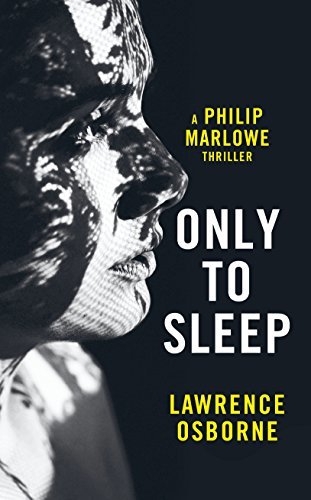What do you think?
Rate this book


Wealthy dead American. Beautiful young widow. This case has PI Philip Marlowe’s name written all over it. Is it enough to bring him back for one last adventure?
The year is 1988. The place, Baja California. Private Investigator Philip Marlowe – now in his seventy-second year – has been living out his retirement in the terrace bar of the La Fonda hotel. Sipping margaritas, playing cards, his silver-tipped cane at the ready. When in saunter two men dressed like undertakers. With a case that has his name written all over it.
At last Marlowe is back where he belongs. His mission is to investigate Donald Zinn – supposedly drowned off his yacht, leaving a much younger and now very rich wife. Marlowe’s speciality. But is Zinn actually alive? Are the pair living off the spoils?
Set between the border and badlands of Mexico and California, Lawrence Osborne’s resurrection of the iconic Marlowe is an unforgettable addition to the Raymond Chandler canon.
262 pages, Kindle Edition
First published July 24, 2018
May you watch the bodies of your enemies float past you on the river.No? I think you’re right. It’s a nice sentiment, but not really reflective of this story’s tone. It sounds like something Raymond Chandler might have written, but this isn’t his book. Howzabout:
”You have your honor. Luckily Donald and I don’t have any such hindrance.”Getting closer. But I think I’m going to go with
Count me as one of those who knows that life is unbearable not because it’s tragedy but because it’s a romance.Yeah. Lawrence Osborne, my literary hero of 2025, wrote that line but I feel Chandler would have approved.

